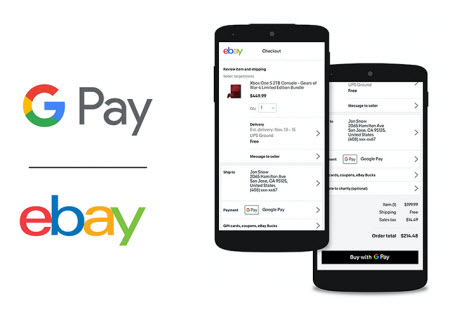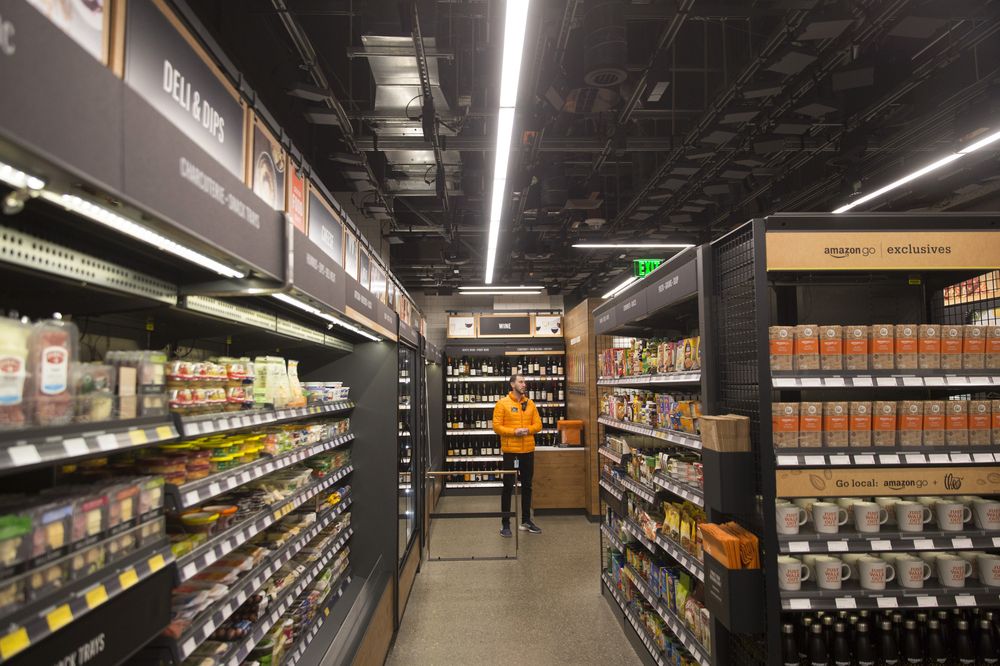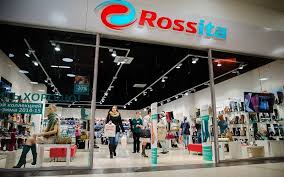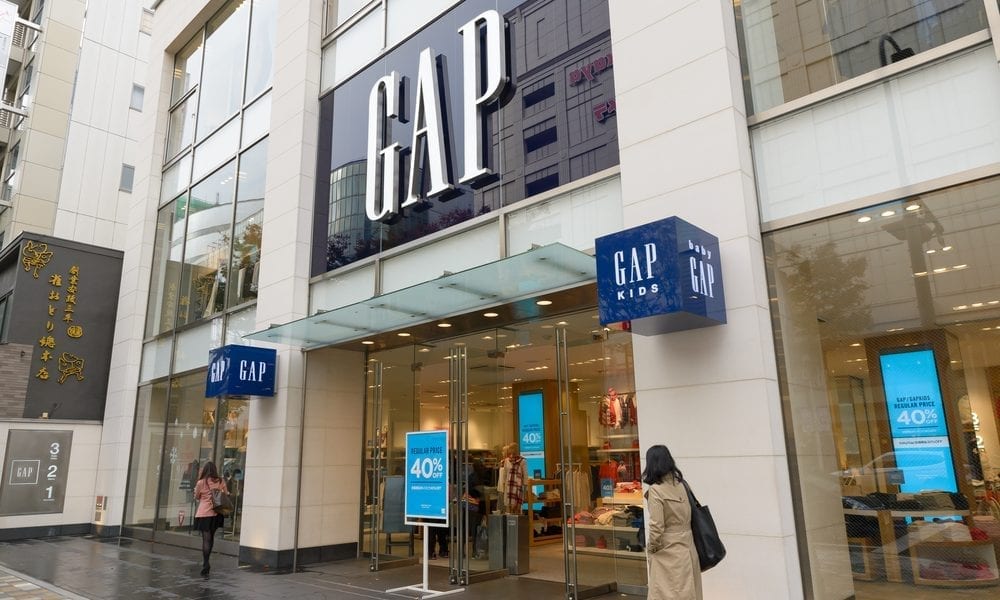News Hub

E-commerce: eBay offer managed payments in the UK
J&P comments
Ebay’s managed payment scheme will provide online shoppers more choice on how they can purchase their goods from managed payment sellers. Accepted payment methods include credit cards, debit card, gift cards, Apple Pay, Google Pay, PayPal, and PayPal credit. Buyers will also be presented with the option to save and store their card information for future use.
E-commerce: Amazon opens its first Amazon Go Grocery
E-commerce giant Amazon has opened its first ever own-brand grocery store in Seattle’s Capitol Hill District, Amazon Go Grocery. The store is based on Amazon’s already existing Amazon Go convenience stores, which are cashier-less stores in which customers can simply walk in, pick products from the shelf and walk out. However, this new store is an expansion of the Amazon Go store and has a wide variety of grocery products on sale. The new store is also 10,400 square feet in size, whereas other Go stores are usually 1,200 and 2,300 square feet.
J&P Comments
The opening of Amazon’s new grocery store has provided the E-commerce business with another channel for developing through physical rather than digital means. This store also allows Amazon to be more proficient in selling groceries and increase its reputation as a platform for selling food.

E-commerce: Obuv Rossi launches online marketplace
Russian footwear brand Obuv Rossi has revealed its plans to develop an online marketplace. The platform will be accessible from its parent brand’s website; Westfalika.ru The new marketplace is designed to sell products that aren’t available in physical Obuv Rossi physical stores. These online products will include premium goods, third party products and large items that don’t fit the store space. However, despite that, although these goods are only available to purchase online customers can still order them from a physical store.
J&P comments
Launching the business online will enable the company to enhance its efficiency without increasing its physical store space. Depending on how good the online store performs, it might also inspire them to expand overseas.

E-commerce: GAP partners with ThredUP to offer in-store credit Fashion retailer
GAP has collaborated with ThredUp to offer its customers in-store credit in exchange for their unwanted clothes. ThredUP is a re-commerce platform that sells roughly 15,000 second-hand garments daily on its online platform. Since GAP is a parent brand, the incentive will be available throughout selected GAP stores, Banana Republic, Athletica and Janie and Jack stores across the US. Clearout bags and labels will be available to customers in-store so that they can pile up their unwanted clothes effortlessly.
J&P comments
The partnership between GAP and ThredUP is a great way to reduce environmental waste and allow shoppers to save money on new purchases. It will also enable customers to free up space in their wardrobes to make room for their new garments. Furthermore, the incentive will also benefit parents with young children who are having to continually purchase new clothes for their children due to growth.

E-commerce: Dutch marketplace Coolblue achieves revenue of €1.48 billion
Netherlands-based online platform Coolblue has shared results of the sales they generated in 2019. The online marketplace generated sales worth €1.48 billion last year, with €1.1 billion of this made in the Netherlands. Belgium was the other market which made up for the remaining €370 million in sales. A Coolblue spokesperson has said “With this growth, we outperformed the market for consumer electronics that increased by 4.7% in the Netherlands and by 1.1% in Belgium.”
J&P Comments
Coolblue’s revenue of €1.48 billion puts the online marketplace in close competition with bol.com, the Netherlands’ most popular E-commerce platform. With the announcement last month that Amazon Netherlands is also now open for registrations, this could also mean there will be increased competition for Netherlands-based marketplaces in the near future.

E-commerce: Germans prefer to use PayPal for online payments
A study conducted by the Institute for Banking Innovation (Ibi) at the University of Regensburg, Germany has revealed that 57% of German customers who use a particular payment method for their online orders prefer to pay with PayPal. This research was carried out in the format of a survey which queried 1,011 regular online shoppers about their preferences, experiences and behaviour. The study also found that online retailers who offer only one type of payment method reach a maximum of 6 out of 10 customers.
J&P Comments
Although PayPal is popular among German online shoppers, online retailers greatly limit their customer reach if they only provide this payment method. This is why sellers in Germany who only provide PayPal need to consider offering other methods, such as credit card, invoice and direct debit.